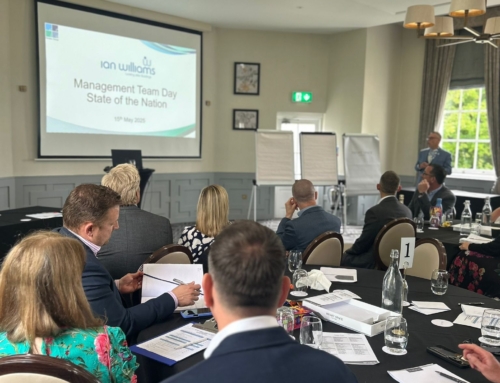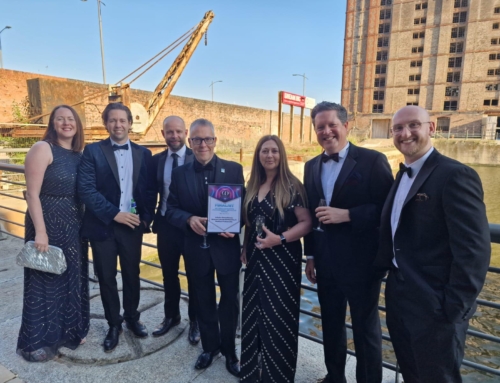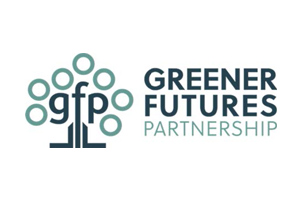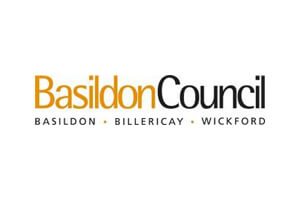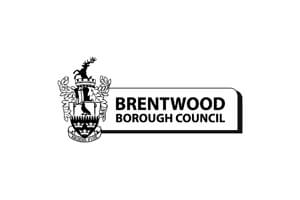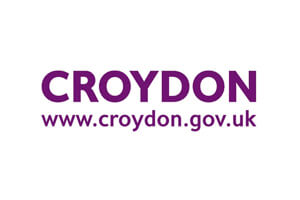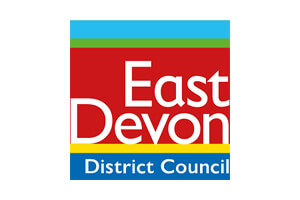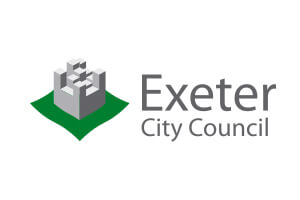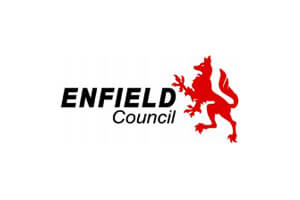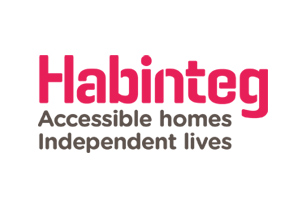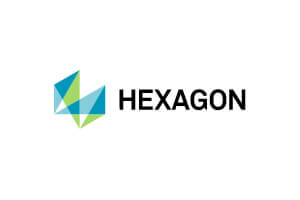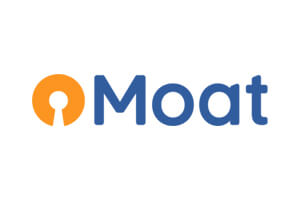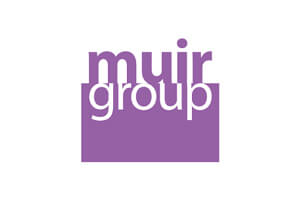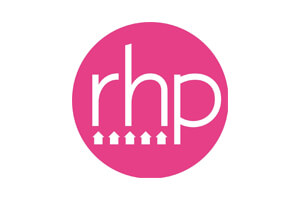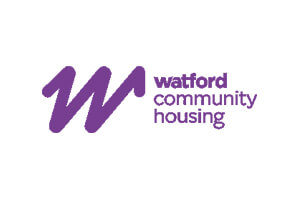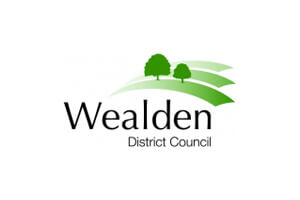Making tenant engagement count
The Social Housing White Paper has very rightly put tenant engagement back in the spotlight but how do you ensure that the process is meaningful and not just a tick box exercise?
Chapter Five of the white paper focuses on promoting best practice and making sure that tenants’ opinions are taken on board and that services align with their objectives and aspirations, as well as those of the housing provider.
At Echelon, involving tenants in shaping and scrutinising services has always been part of what we do. We believe that tenants, as the end service users, should be at the heart of the procurement process, from scoping to mobilisation and have always encouraged clients to engage with their tenants as early as possible.
“We involve tenants in the whole journey. They have a real voice in the procurement process and are part of the team,” explained Mathew Baxter, Group CEO of Echelon.

“We start with ensuring they are actively involved in the scoping and design of the service, they evaluate tenders, participate in interviews and are involved in dialogue, mobilisation and ongoing scrutiny of contracts, so you’ve got that end-to-end engagement with tenants to make sure that we’re procuring the right services and getting the right provider for them, and then they’re holding those providers to account over the life of the contract. That’s the golden thread of it for me.”
The flip side of comprehensive tenant engagement is the time that it requires, which can be difficult for people to juggle around work or family commitments, leading to the older demographic being over-represented, and often the same small groups of tenants engaging across the board.
Reaching out to previously uninvolved people and making engagement as easy as possible is vital to ensuring that a cross-section of views is heard. Understanding the availability of tenants and building in flexibility in how individual tenants can contribute based on their specific circumstances is critical.
At Echelon we often conduct random engagement with tenants, contacting the last 100 to have complained about services, or the last 100 to have experienced a repair, as well as engaging with existing tenants’ groups.
“The idea of this is expanding interaction with tenants, so it isn’t just about engaging with the same tenants, it is trying to make sure that you’re mirroring the engagement with the demographic of the organisation,” said Mathew.
“One of things we are pushing more and more now is holding meetings/engagement sessions/training out of hours so that people with a 9-5 working pattern can engage.
“It is also about thinking about how we can adapt the approach to ensure that younger tenants are encouraged to take part, so carrying out polls and surveys, for example, instead of phone calls and face-to-face meetings.
“It’s around looking at what tenants want from their landlord and what their expectations are. Because of services like Amazon, where people can get online at midnight and order something that is being pushed through their letterbox the following morning, we live in a society where expectation is instantaneous.”
Echelon is supporting RHP to procure a new repairs service and social media was used to reach out to tenants interested in participating, with training delivered by Echelon during the evening.
As a result, RHP has attracted a diverse cross-section of tenants, including a man in his 20s, a demographic that is not often actively involved in tenant engagement.
When we supported Hexagon Housing Association with the procurement of a new repairs, voids and planned works contract, using the Competitive Dialogue process, tenant representatives Sonji, Christine and Adrian were actively involved in shaping the new service. We caught up with them to hear more about their experiences.
Balancing act
As members of Hexagon’s Repairs Group Committee they were already involved with their landlord, but the time commitment required for the procurement process – particularly reading and reviewing the tender documents – was much greater than expected.
This is always a difficult balancing act and finding tenants who can commit fully to the process is key, said Christine. “I think it’s great that tenants are involved, and they are definitely getting a different perspective from us but I think there’s probably a limited amount of people out there who’d have the time for this. I think they need to really want to be involved and have the right type of mindset.”
Christine worked in the housing sector for over 30 years and both Sonji and Adrian had been involved in the procurement of projects before, so they all had relevant previous experience, while their different backgrounds and approaches ensured a robust review of the tenders.
Sonji added: “I think we made a formidable team, because we all have different attributes, and have all come at the process from very different angles but ultimately, in the back of our minds, this is all for the tenants. We might only be three tenants but without our voice, none of the tenants’ voices would feature anywhere.”
When supporting RHP and Nottingham Community Housing Association with the procurement of contracts recently Echelon completed Options Appraisals of the existing contracts, analysing the service to identify strengths and weaknesses and capture aspirations and objectives for future service delivery.
Tenants were involved in the scrutiny of these contracts and all aspects of the pre-procurement, and their input was vital to understanding how the current service operated and what it should look like.
Engaging with contractors
“Having tenants involved isn’t just a tick box exercise, it’s an integral part of the process,” said Echelon’s Head of Project Management Sharon Hunt. “What tenants say is almost more important than what the client says because the tenant is the end user and ultimately, they’re the people that need to be satisfied with the service.
“Whilst the client knows what they want, they don’t actually experience the service, whereas the tenants do and having contractors hear their perspective is really powerful.”

In all three procurements involving tenants in the Competitive Dialogue process had a positive outcome on the shaping of future services but the contractors were perhaps not quite prepared for some of the in-depth questions that they asked.
“With any new approach, you’re always going to get a slight initial defensiveness but as the process moved forwards, I think people understood that it was a collaborative way of working, rather than being seen as something that they needed to be defensive about,” said Adrian. “So, I think it was a positive thing, but it just took a little time.
“Nobody wants to deliver a bad contract and I think if you can collaborate and have that input from tenants and are able to move forward in a more honest way with KPIs, rather than people being under pressure to produce figures that don’t reflect what’s really going on, it leads to a positive outcome.”
The introduction of a different perspective into the process undoubtedly gave the contractors a greater understanding of the requirements of the end service users.
Positive takeaways from the process have included the introduction of a “right first time” approach and the ability for operatives to take on additional jobs, within reason, when visiting a property, removing the need to book a separate appointment, and ultimately saving time and money.
This was true across all three procurements, where the impact of engagement was clear to see in the final contracts.
“With some of the changes that were resubmitted at the final stages for the contracts, there was certainly a change in the language and more of an understanding of who the end user was and that was clearly from engagement with tenants,” said Sharon.
New skills
While the process has no doubt been time consuming, for Christine, Adrian and Sonji, they have made a valuable contribution to the procurement of the new contract and have further developed their skills, and understanding of the procurement process, with training from Echelon.
“It’s one of the best things I’ve ever done,” said Sonji. “It was much more time consuming than I thought it was going to be, but I learned so much about how things work and the drivers for changing contracts.
“I would recommend it to people, if they’ve got the time, the interest, and the inclination, to get involved. If you’re curious about how your housing association works, how it procures contracts and engages with various people across the housing association, I think it’s a brilliant way to find out much more. It’s a great way to meet people and learn new skills and there was obviously training which has been useful. The whole process has been really worthwhile.
“If you’ve got a repairs group, then it should absolutely be part of procuring new contracts, because tenants are on the receiving end and the only way that we ever get heard is through a complaint. There could be much more meaningful and positive engagement, if this was mandatory, or was rolled out much more than it has been”
In Echelon’s experience, meaningful tenant engagement always leads to more robust contracts and better service delivery.
“If you engage with tenants early enough, you have the best chance of having the most effective contract,” said Sharon. “Don’t write it off as a something that you have to do, make it a priority. It does take more effort, and it does take real time. But it’s worth it in the end.”
“It’s something we’ve always actively promoted, and while some client organisations have embraced it, others haven’t,” added Mathew. “I think those that have will always reap the benefits because the tenants’ voice is a very powerful one. Tenants will give you a much more honest appraisal of the service because they’ve actually experienced it and been on the end of the good and the bad.”


